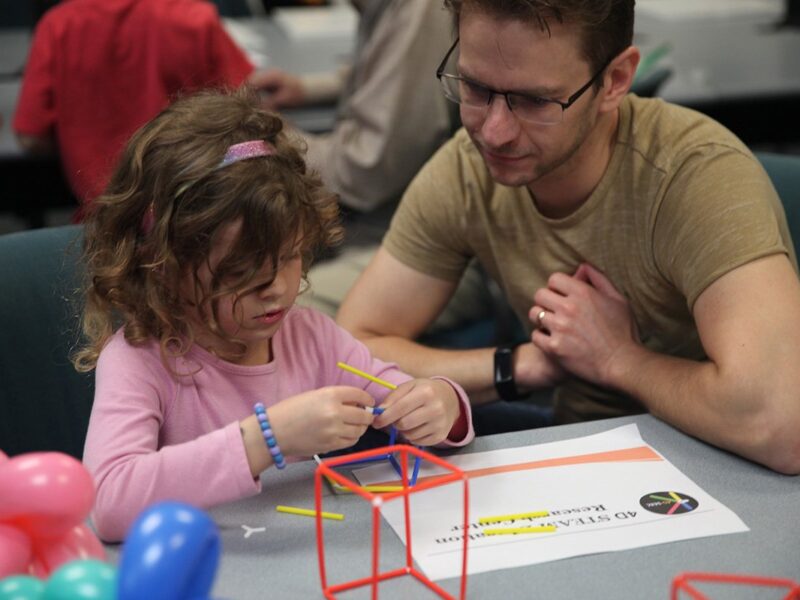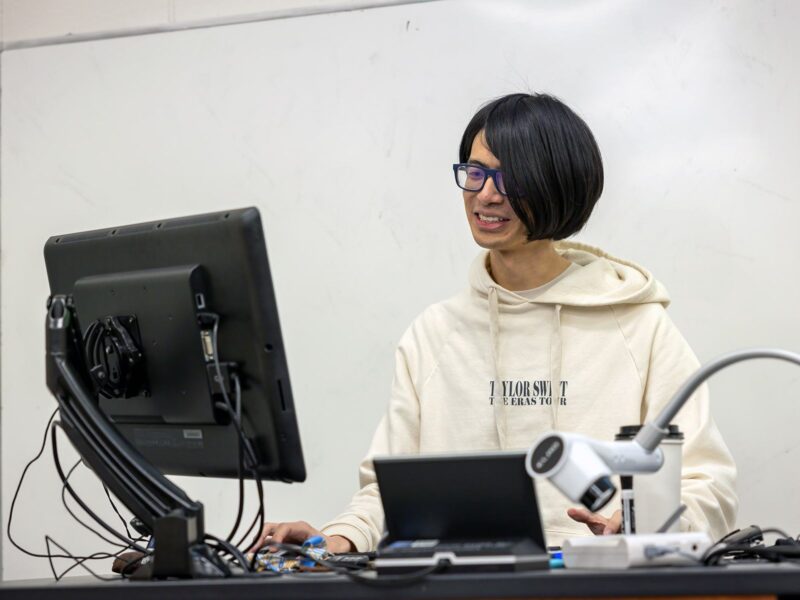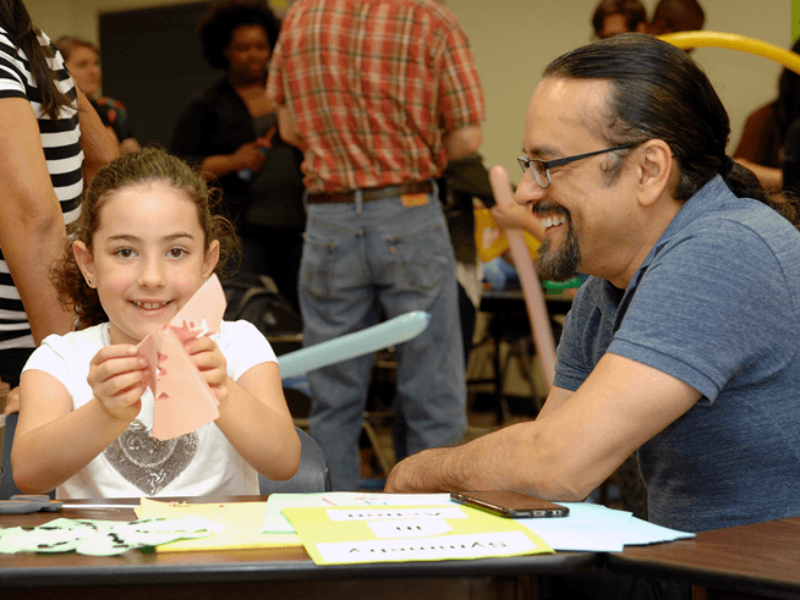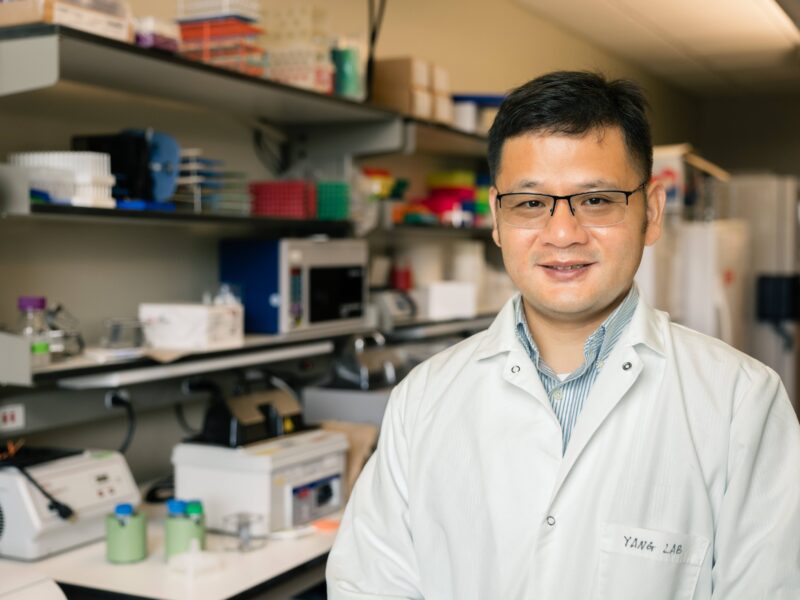World-Renowned Mathematician and Mathematics Educator Joins Faculty
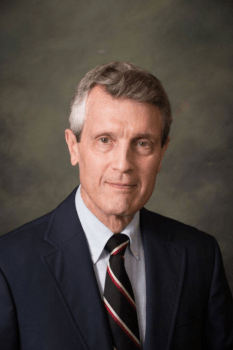
When you think “world-renowned mathematician,” you may picture a wild-haired genius scribbling complex equations atop an ivory tower. Not so in the case of Texas A&M’s incoming Professor of Mathematics Roger Howe, who has dedicated his career to serving on the front lines of mathematics education, finding new and innovative ways to prepare the next generation of mathematics educators.
Howe, a longtime advocate for better mathematics education for teachers, will join the Department of Teaching, Learning & Culture as a tenure-track faculty member this coming academic year with the goal of helping Texas A&M produce more and better-prepared teachers.
Texas A&M already produces more mathematics and science teachers than any other university in the state.
Howe came to Texas A&M from Yale University, first as a Faculty Fellow of the Texas A&M University Institute for Advanced Study (TIAS), which has as its primary mission of bringing such renowned scholars to Texas A&M for extended visits to interact with current faculty and students.
Howe is an elected member of the National Academy of Sciences and the American Academy of Arts and Sciences. He has more than 40 years of service in the fields of mathematics and mathematics education and has received numerous honors for spearheading national education initiatives and ultimately expanding the frontiers of mathematics, say officials at the College of Education & Human Development (CEHD) at Texas A&M.
“We are excited to have Dr. Howe here to help develop a high-impact mathematics education program through a much more extensive collaboration among mathematicians, mathematics educators and teachers,” says Yeping Li, professor and department head.
In recognition of his accomplishments, the CEHD this year presented Howe with its inaugural Award for Excellence in Mathematics Education.
As an educator, Howe has championed national initiatives to advance mathematics education by engaging mathematicians and contributing to issues in mathematics curriculum and teacher education. He served on the Study Committee for the report “Adding It Up” of the National Academy of Sciences on the state of U.S. mathematics education, and on the Steering Committee for the first Conference Board of the Mathematical Sciences (CBMS) report on “The Mathematical Education of Teachers.” He was a member and chair of the Committee on Education of the American Mathematical Society, served on the steering committee of the Park City Mathematics Institute, has served on several committees for the College Board, and currently is on the Education Advisory Committee of the Mathematical Sciences Research Institute (MSRI). He has been an item reviewer for the National Assessment of Educational Progress (NAEP). He served for six years on the U.S. National Commission on Mathematics Instruction (USNC/MI) and is currently in his second term on the Executive Committee of the International Commission on Mathematics Instruction (ICMI). Howe’s writing on mathematics education seeks to illuminate and clarify the ideas underlying key stages of mathematical learning.
Howe’s mathematical work has been predominantly concerned with representation theory, which is a general tool for deriving consequences of symmetry. Representation theory has applications in nearly all areas of mathematics, and also in the physical sciences. Howe first introduced the concept of the reductive dual pair – often referred to as a “Howe pair” – in a preprint during the 1970s, followed by a formal paper in 1989. Today, Howe continues to work on representation theory, including applications to harmonic analysis, automorphic forms, and invariant theory.
Howe received his doctorate in 1969 from the University of California, Berkeley. He taught at the State University of New York in Stony Brook from 1969-74. During that time, he also belonged to the Institute for Advanced Study and served as a research associate at the University of Bonn in Germany. Howe has been Professor of Mathematics at Yale University since 1974, and served as chair of the Mathematics Department 1992-95. He was the inaugural Frederick Phineas Rose Professor (1997-2002), and is currently the William Kenan Jr. Professor of Mathematics.
Howe belongs to the National Academy of Sciences, the American Academy of Arts and Sciences, and the Connecticut Academy of Science and Engineering, and was a fellow of the Japan Society for the Advancement of Science and the Institute for Advanced Studies at the Hebrew University of Jerusalem. In 2006, Howe received the American Mathematical Society Award for Distinguished Public Service for his “multifaceted contributions to mathematics and to mathematics education.” He became an inaugural fellow of the American Mathematical Society in 2012.
